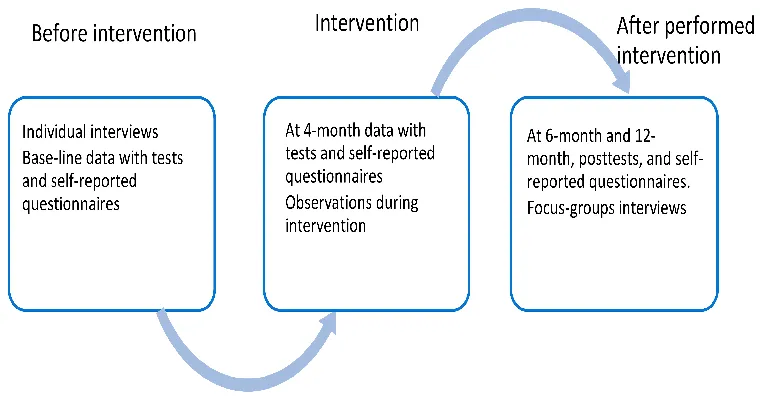Feeling "rejected" by your family can be one of the most painful experiences in life. When your loved ones do not want you around or refuse to help take care of you, it can lead to feelings of "isolation", "loneliness", and even despair. However, it’s important to understand that there are steps you can take to cope with this situation and find support elsewhere. This article will explore practical strategies for navigating family rejection and building a support system that meets your needs.
Acknowledge Your Feelings
The first step in dealing with family rejection is to "acknowledge your feelings". It is completely normal to feel hurt, sad, or angry when your family does not want to be around you or help you. Allow yourself to experience these emotions without judgment. Journaling can be a helpful tool to process your feelings and gain clarity on your situation. Remember, your feelings are valid and deserving of attention.
Seek Support Outside Your Family
When family support is lacking, it’s crucial to seek help from other sources. Consider reaching out to friends, coworkers, or community members who can offer a listening ear or assistance. Local organizations, support groups, or mental health professionals can also provide valuable resources. Connecting with people who understand your situation can help alleviate feelings of isolation and provide a sense of belonging.
Establish Boundaries
If your family dynamics are toxic, it may be necessary to establish "boundaries". Setting clear boundaries can protect you from further emotional distress. Communicate your needs calmly and assertively, and make it clear what you will tolerate. This may mean limiting contact with family members who are not supportive or deciding to step back from family gatherings that make you uncomfortable.
Focus on Self-Care
During challenging times, prioritizing "self-care" is vital. Engage in activities that promote your well-being, such as exercising, practicing mindfulness, or pursuing hobbies that bring you joy. Taking care of your physical and mental health can enhance your resilience and help you cope with feelings of rejection. Remember that self-care is not selfish; it is necessary for your overall well-being.
Consider Professional Help
If the emotional burden becomes too overwhelming, seeking professional help is a wise decision. A therapist can provide a safe space to discuss your feelings and offer coping strategies tailored to your situation. Therapy can help you navigate family issues and develop healthier relationships, whether with your family or new support systems.
Build a New Support System
Take the initiative to build a new support system based on understanding and compassion. Engage with community groups, clubs, or online forums that align with your interests. Volunteering can also be a wonderful way to meet new people while making a positive impact. Surrounding yourself with supportive individuals can create a sense of belonging and help you feel valued.
Learn to Let Go
Sometimes, letting go of the need for familial approval or support can be liberating. Understand that you cannot change how others feel or behave, but you can change how you respond to them. Learning to let go of the expectation that your family will provide what you need can lead to personal growth and inner peace.
Conclusion
Dealing with a family that doesn’t want you around or help take care of you is undeniably challenging. However, by acknowledging your feelings, seeking support, establishing boundaries, prioritizing self-care, and building a new support system, you can navigate this difficult situation. Remember that you are not alone, and there are people and resources available to help you thrive, even in the face of family rejection.





